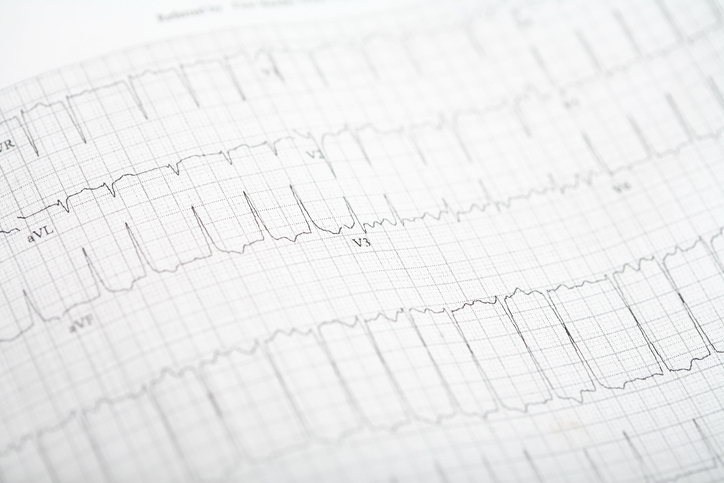
A new study published in the Journal of American Osteopathic Medicine suggests that shift workers are at a significantly higher risk for sleep disorders, type 2 diabetes, stroke, and heart disease.
The findings, the researchers pointed out in a news release, were even more pronounced in night-shift workers and in workers with rotating shifts.
“The strength of our economy and safety of our society depend heavily on night shift workers,” lead author Kshma Kulkarni, of the OMS III at Touro University College of Osteopathic Medicine, said in a news release. “It is critical we address the health issues facing people in this line of work.”
Shift workers, who are essential to the travel, hospitality, and ecommerce industries (and many others), as well as the work of law enforcement, first responders and firemen. Dr. Kulkarney pointed out that almost 18% (17.7%) of the U.S. workforce works outside of the hours of 6 am and 6 pm. Her team conducted a review of research on metabolic syndrome and shift workers, as well as related studies on nutrition, sleep hygiene, and exercise. The analysis included 38 experimental studies (animal models or clinical trials), 35 were review articles, and 17 were observational studies.
The authors included information on the demographics of shift workers, who the study said are more likely to work in low-paying industries. One study in the analysis showed that a history of shift work is an independent risk factor for diabetes and hypertension. Workers who work irregular shifts were at a higher risk for circadian rhythm discordance, which is itself a risk factor for metabolic syndrome (and increased diabetes and heart disease risk as well). The sleep disruption is associated with hormonal imbalances (increased cortisol, ghrelin, and insulin, and decreased serotonin) associated with metabolic disorders. The authors recommended that, if possible, one work consistent night shifts rather than a mix of day an night shifts, so as to minimize the disruption of circadian rhythm.
Minimizing the Impact
In addition, Dr. Kulkarni and the authors recommended other interventions and measures to minimize the health (and cardiovascular) impact of shift work.
-
Get Enough Sleep – Get seven to eight hours of sleep every 24 hours. Same time each day/night, if possible.
-
Control Light Exposure – Minimize blue light exposure (from screens) before sleeping.
-
Improve Diet and Exercise – three meals per day, and add more proteins and vegtables. Exercise more.
“It’s true that getting enough sleep, eating right and exercising are critical to everyone’s health,” Kulkarni concluded. “However, the nature of shift work is so disorienting and discordant with those principles, we really need to help people in those jobs strategize ways to get what they need.”
People subject to circadian desynchrony exhibit disturbances in hormonal levels, including increased cortisol and ghrelin and decreased TSH, growth hormone, insulin, and leptin. @TouroCalifornia https://t.co/CauyRd8etQ #sleephygiene #clockgene pic.twitter.com/Ntjla67n7V
— Journal of Osteopathic Medicine (@JOsteoMed) January 28, 2020
Shift Workers at Risk for Metabolic Syndrome. https://t.co/zkia0K42r8
— Circadian papers (@CircadianPapers) January 28, 2020







 © 2025 Mashup Media, LLC, a Formedics Property. All Rights Reserved.
© 2025 Mashup Media, LLC, a Formedics Property. All Rights Reserved.